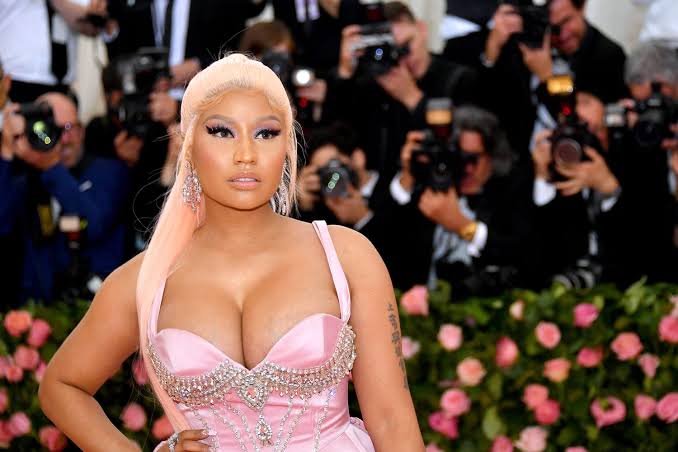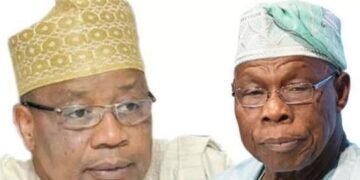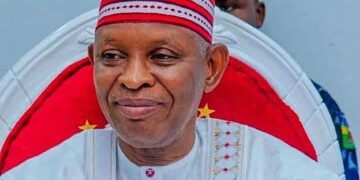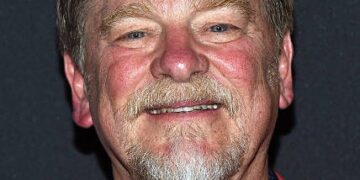Nicki Minaj has drawn widespread attention after accepting a role with the Trump administration aimed at highlighting what it claims is the persecution of Christians in Nigeria. The rapper is scheduled to appear alongside U.S. Ambassador to the United Nations, Mike Waltz, at a speech at the UN later today.
Earlier this month, former President Donald Trump accused Nigeria of permitting the killings of Christians and warned of potential military intervention. He alleged that Islamist extremist groups were responsible for large-scale attacks, a claim disputed by Nigerian President Bola Tinubu, who emphasized that people of all faiths have been affected.
Ambassador Waltz praised Minaj on social media, calling her “not only arguably the greatest female recording artist, but also a principled individual who refuses to remain silent in the face of injustice.” He added that he looked forward to “standing with her as we discuss the steps the President and his administration are taking to end the persecution of our Christian brothers and sisters.”
Reports from international monitoring groups, including the BBC, indicate there is no evidence showing Christians in Nigeria are killed at a higher rate than Muslims. Details about Minaj’s role remain vague, with her involvement appearing largely symbolic.
In response to her appointment, Minaj expressed gratitude, stating: “The Barbz and I will never stand down in the face of injustice. We’ve been given our influence by God. There must be a bigger purpose.”
The announcement has drawn mixed reactions online. Some fans criticized her alignment with Trump, accusing her of supporting right-wing rhetoric. Others, however, praised her for using her platform to speak on global religious persecution.
Minaj has previously spoken out against religious persecution, declaring that “no group should ever be persecuted for practising their religion” and calling for mutual respect across faiths. Texas Senator Ted Cruz cited statistics claiming over 50,000 Christians have been killed in Nigeria since 2009, and thousands of churches and schools destroyed. The Nigerian government, however, dismissed these figures as misleading, stressing that terrorism in the country affects citizens of all religions.
Daniel Bwala, a special adviser to President Tinubu, told PBS that framing the issue as targeted against Christians is inaccurate, describing such claims as a “hoax.” He added that he hoped collaboration with the United States would bolster Nigeria’s fight against terrorism.










